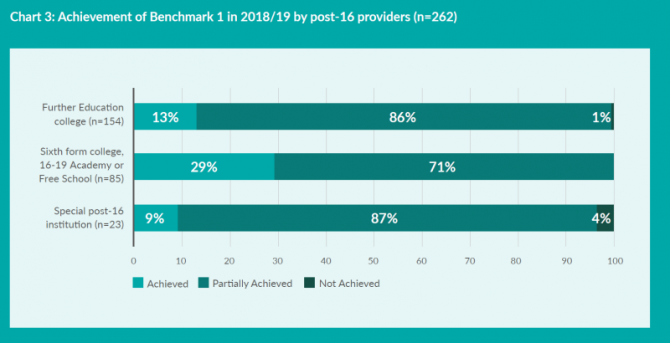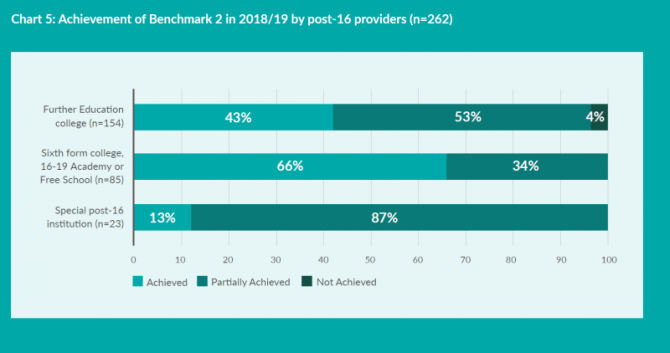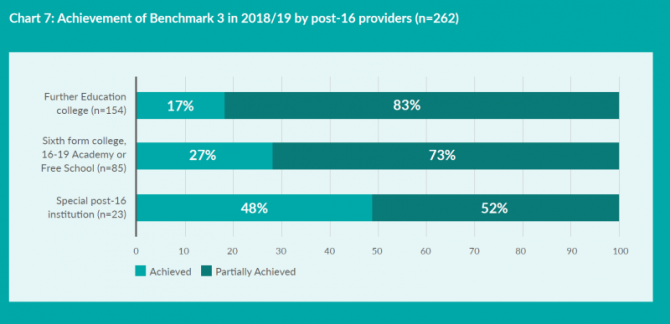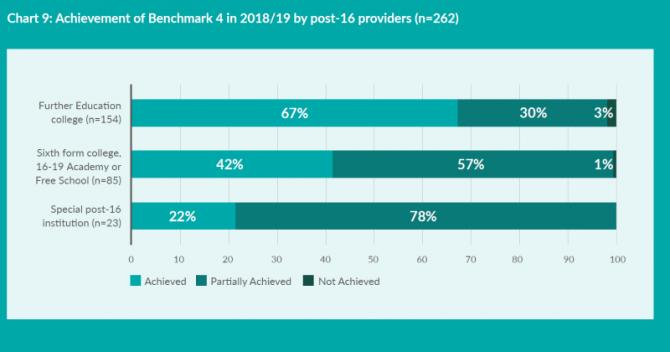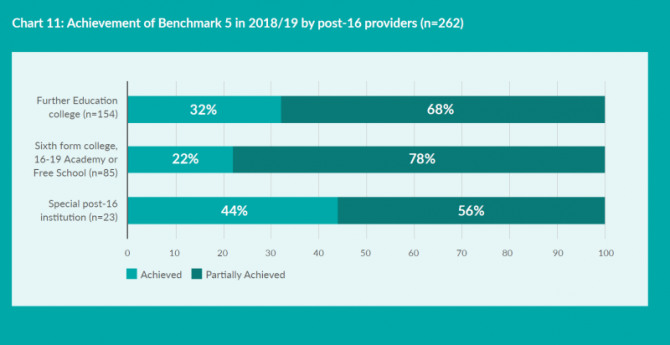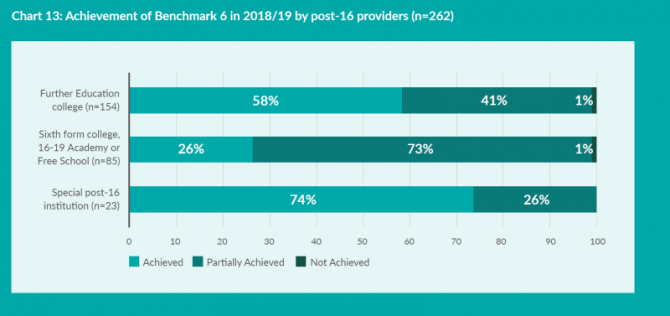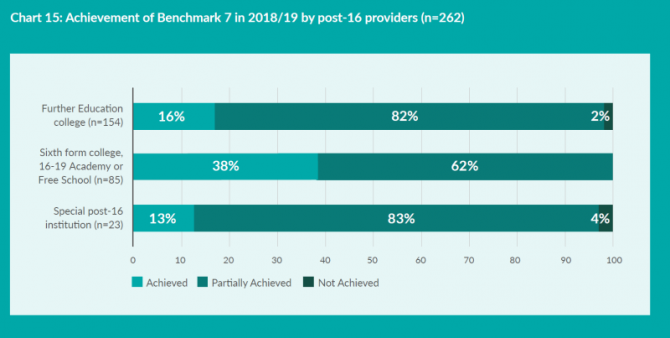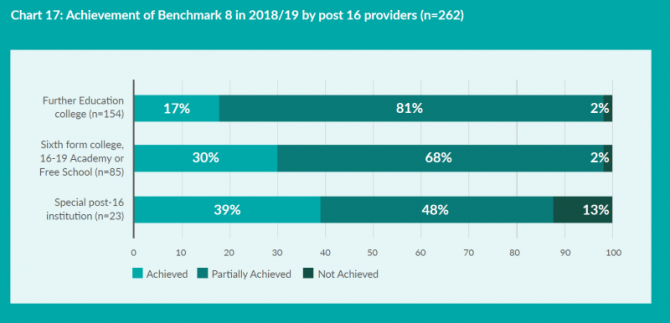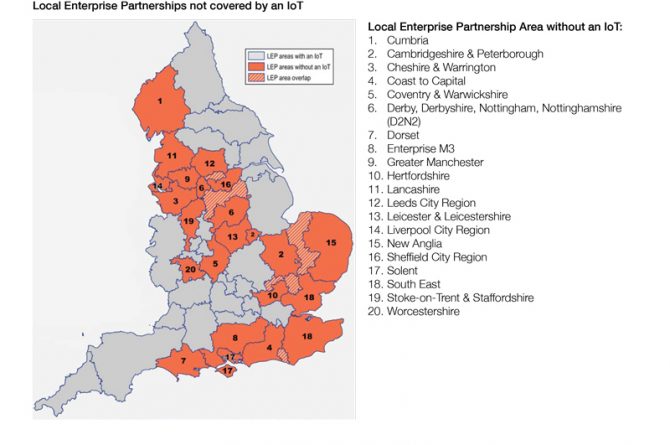A bank has pulled a cash-strapped college’s overdraft facility as the clock ticks for its survival – which rests upon a last-ditch merger.
Southampton City College is currently operating on government bailouts but its 2018/19 accounts were signed off on a “non-going concern” basis and warn that it will run out of cash by October.
It is now in secret merger talks, with the help of the FE Commissioner who conducted a local provision area review last summer, following two failed previous attempts.
The “current intention and most likely outcome” would be for a merger on 1 August 2020 whereupon Southampton City College would “dissolve after the transfer of trade, assets and liabilities at carrying value to another FE organisation”, the accounts state.
If the merger attempt fails then the college would “require additional financial assistance” or go bust. The government has made clear there will be no more long-term bailouts available to colleges following the introduction of the insolvency regime, which allows colleges to shut down for the first time.
Southampton City College received £1.97 million in emergency funding from the Education and Skills Funding Agency last year, £770,000 of which is being treated as a grant, to “enable the college to continue to operate during 2019/20”.
To add to its concerns the college lost an agreed £500,000 overdraft after Santander withdrew the facility in August 2019 when loan covenants were breached.
The bank has £5.86 million of loans outstanding with the college. The 2018/19 accounts state that there is “no intention” by Santander to “recall the loan while the college continues to work collaboratively with stakeholders on its future position”.
Southampton City College was re-issued with a financial health notice to improve, which it first received in 2016, by the ESFA last week.
It generated income of £13 million and a deficit of £1.65 million in 2018/19 – a significant increase from £585,000 in the previous financial year and £257,000 the year before.
The college’s financial health is rated as ‘inadequate’.
Southampton City College told FE Week it is currently in talks with a merger partner, but a spokesperson said they would not reveal who this was until plans are finalised and a public consultation is launched.
In September this newspaper reported that the college was in the “very early stages” of a three-way merger discussion, involving Itchen Sixth Form College and Richard Taunton Sixth Form. The spokesperson would not provide an update on this.
It came months after Southampton City College saw its second proposed merger, on that occasion with Eastleigh College, collapse at the eleventh hour after an application for emergency funding was rejected by the ESFA.
The college’s first merger attempt, with Southampton Solent University, fell through in 2018.
A Southampton City College spokesperson said: “The college, ESFA, the FE Commissioner and all interested stakeholders are working together to find a sustainable long term solution for the provision of FE in Southampton.”
They added that the college is “very appreciative of Santander’s continued support” and confirmed they were “managing without” the overdraft facility.
The college teaches around 5,000 students. It received one ‘insufficient progress’ rating out of three in an Ofsted monitoring visit in November 2019 after being awarded ‘requires improvement’ in a full inspection in January 2019.

